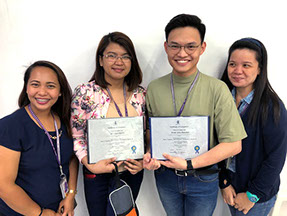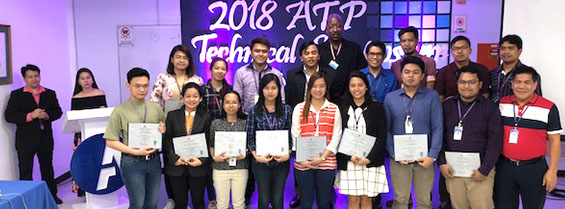
We prepare for tomorrow by doing our best today
Our organic and polymer chemistry, mold compound and FTIR training does more that just build the skills and knowledge of each of your workers. Employees will pack their new knowledge and skills into everything they design, produce and service. You will see better output, product quality and higher retention.
A. Fourier Transform Infrared Spectroscopy (FTIR)
The objective of this course is to provide in-house FTIR training. At the end of this course, trainees will be able to understand basic spectrometer operation and will be able to do sample preparation and spectra interpretation.
B. Organic and Polymer Training
The objective of this course is to provide organic and polymer chemistry training so trainees can better communicate with suppliers. At the end of this course, trainees will be able to 1) understand basic organic chemistry, 2) understand and identify polymer materials as well as epoxies and mold compounds, 3) discuss with suppliers the physical and chemical properties needed in the material to meet their process demands and 4) interpret analytical data from the supplier and ask the right questions to get the optimum material to meet their processing demands.
C. Mold Compound Training
The objective of this course is to review mold compound materials, properties, mold processes and their effect on package performance. At the end of this course, trainees will understand the importance of Organic Resin, Catalyst, Filler, Flexibilizers and other constituents that make up mold compounds. Trainees will understand how to handle mold compound processing issues, such as delamination, incomplete mold filling, voids and wire sweep.
The trainee will be able to discuss mold compounds and their material needs to meet
process and reliability requirements with mold compound suppliers.
Spiral Flow
Melt Viscosity
Modulus of Elasticity
Gel Time
Glass Transition Temperature (Tg)
Moisture Absorption
Hot Hardness
Coefficient of Thermal Expansion (CTE)
Adhesion
Our customers come from the broad semi-conductor industries, including sub-cons, material suppliers and companies that use polymeric materials in their end-products.
Pictures of trainees from our Organic and Polymer Classes:
-crop-u41836.jpg?crc=4046224526)
Organic and Polymer Chemistry Student Graduates in the Philippines
-crop-u36159.jpg?crc=365393698)

Top Students in the Class
Two grad students

Ceremony for Organic and Polymer Chemistry Graduates
Our training plan provides workers with opportunities to improve their knowledge, skills, and abilities to perform their duties.
At the end of training, workers will:
• understand basic organic and polymer chemistry,
• understand and be able to identify polymer materials as well as epoxies and mold compound chemistries,
• be able to discuss with suppliers the physical and chemical properties needed in materials to meet process demands,
• be able to interpret analytical data from the supplier, and
• be able to ask the right questions to get the optimum materials needed.
Copyright © 2018 MatlScience Inc.®
Privacy Policy
Terms & Conditions
Web Design by TuShea Productions Agency

